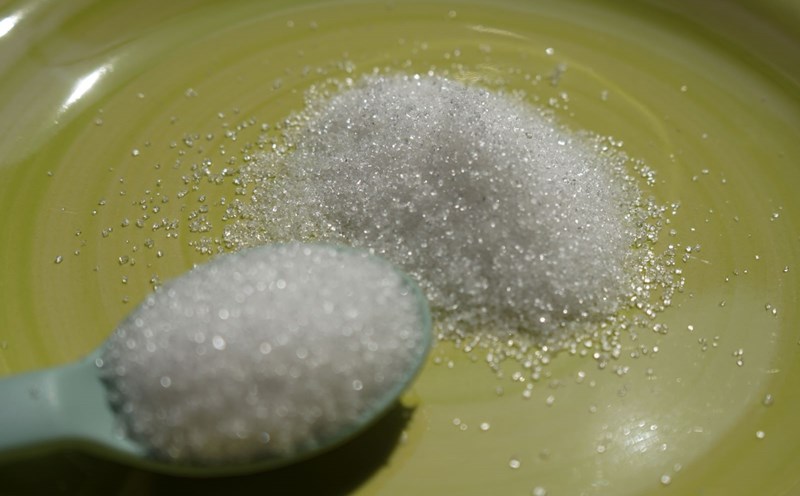Dry, cracked skin and risk of infection
Collagen decline with age, causing the skin of the feet to lose elasticity and moisture, leading to dryness, rough bottles, cracking, especially in the heel.
If left untreated, these cracks can be deep, creating an opportunity for bacteria to invade, causing serious infections, especially in the elderly or diabetics.
flat feet, reduced arch
According to Dr. Alan Cohen, a foot chinhender at the Cleveland Clinic Hospital (USA): "Aging causes ligament stretching and loss of the height of the arch of the foot, leading to flat feet, causing pain and changing the figure".
flat feet also increase the risk of chipping and damage due to instability.
Achilles' legs shrink
Achilles' feet are dehydrated and shrink, causing the ability to bend the ankles to decrease, affecting the gait and increasing the risk of tendinitis when exercising vigorously.
Hammer-shaped toes
This is a phenomenon of abnormally curved toes, often caused by wearing tight or high heels. If not intervened early, this condition will have difficulty recovering completely, and can only be relieved with a brace or surgery.
Nail changes
The decline in estrogen and testosterone hormones makes nails thick, brittle, difficult to cut and prone to cracking. Some diseases such as hypothyroidism and peripheral artery disease also make nails worse.
Steady growth of sebum
Skin damage is common in the elderly, often appearing in the soles of the feet and ankles, easily mistaken for pimples. Although painless, it can be itchy and uncomfortable.
Arthritis and related diseases
About 10-13% of people over 60 have osteoarthritis, which often affects the joints of the ankles and feet. Gout is also common, causing acute pain due to uric acid crystals accumulating around the joints.
Blood circulation and edema problems
Enlargement in the feet and ankles is a common sign of diseases such as heart failure, kidney failure, varicose veins, and diabetes. This greatly affects mobility and can easily cause dangerous infections.
Dr. Alan Cohen emphasizes: " Maintaining physical activity, choosing shoes that fit well and taking proper foot care is the key to keeping your feet healthy despite old age.
In addition, regular foot checks to detect early signs of abnormalities are also very important.
Aging is a natural law, but you can reduce complications related to leg health by understanding the mechanism of change and applying appropriate care measures.











